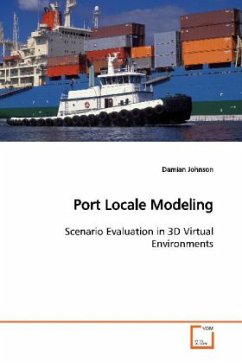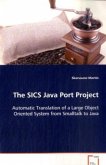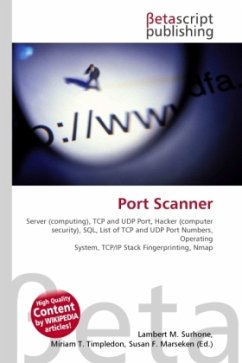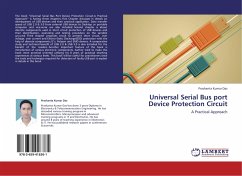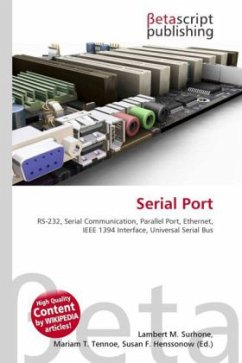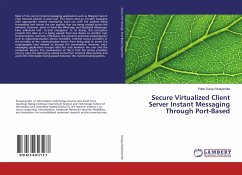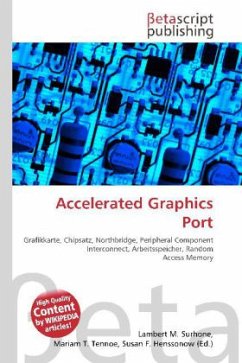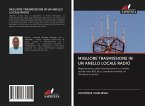Simulations that are both accurate and detailed can
be costly to implement. As such, we examine the
trade-offs of using virtual environments provided by
the Torque game engine to simulate a real world
seaport, including illicit cargo and the sensors
designed to detect such cargo. Specifically, we
discuss the modeling of daily operations and issues
involved in simulating a dynamic environment (e.g,
ships, cargo containers, cranes, and trucks). Finally
we cover conclusions drawn from using game engines
for simulation purposes, both advantages and an
investigation of feasibility concerns. Most
prominently issues include the ability to render
large areas and the scalability of developing complex
interactions. Ultimately, this simulation will serve
as a testbed for evaluating optimal sensor
deployments and the aggregation of multiple sources
of data for decision making. Issues discussed center
on processes and feasibility, making this of interest
to anyone working in alternative simulation design or
interested in the implementation details of our project.
be costly to implement. As such, we examine the
trade-offs of using virtual environments provided by
the Torque game engine to simulate a real world
seaport, including illicit cargo and the sensors
designed to detect such cargo. Specifically, we
discuss the modeling of daily operations and issues
involved in simulating a dynamic environment (e.g,
ships, cargo containers, cranes, and trucks). Finally
we cover conclusions drawn from using game engines
for simulation purposes, both advantages and an
investigation of feasibility concerns. Most
prominently issues include the ability to render
large areas and the scalability of developing complex
interactions. Ultimately, this simulation will serve
as a testbed for evaluating optimal sensor
deployments and the aggregation of multiple sources
of data for decision making. Issues discussed center
on processes and feasibility, making this of interest
to anyone working in alternative simulation design or
interested in the implementation details of our project.

